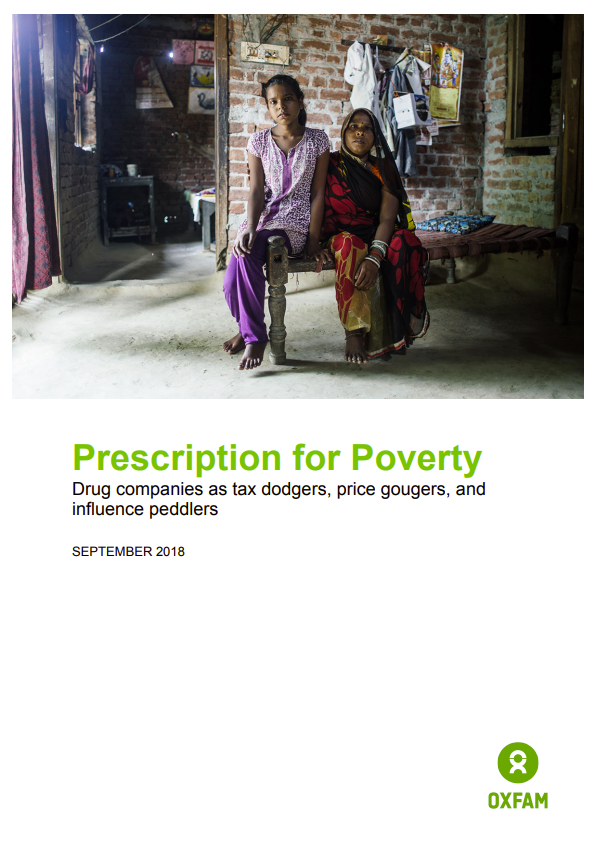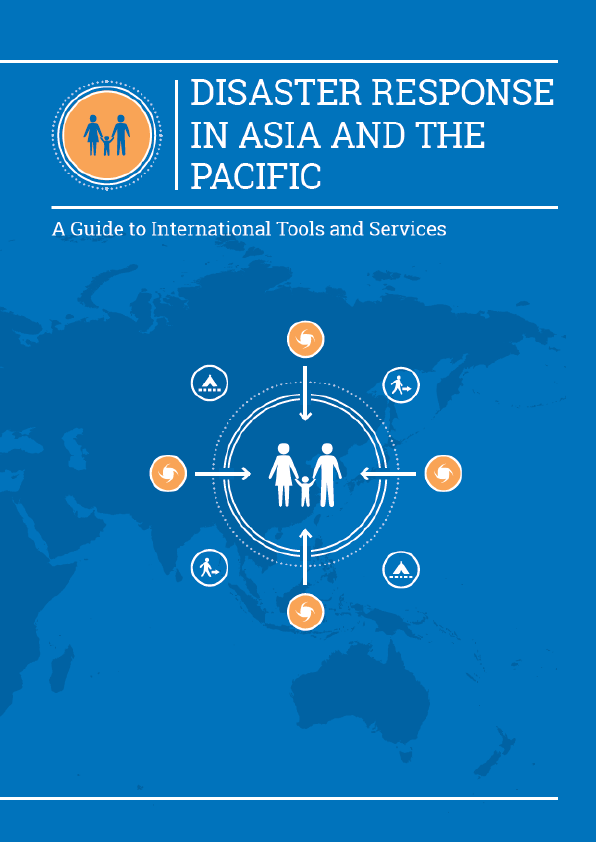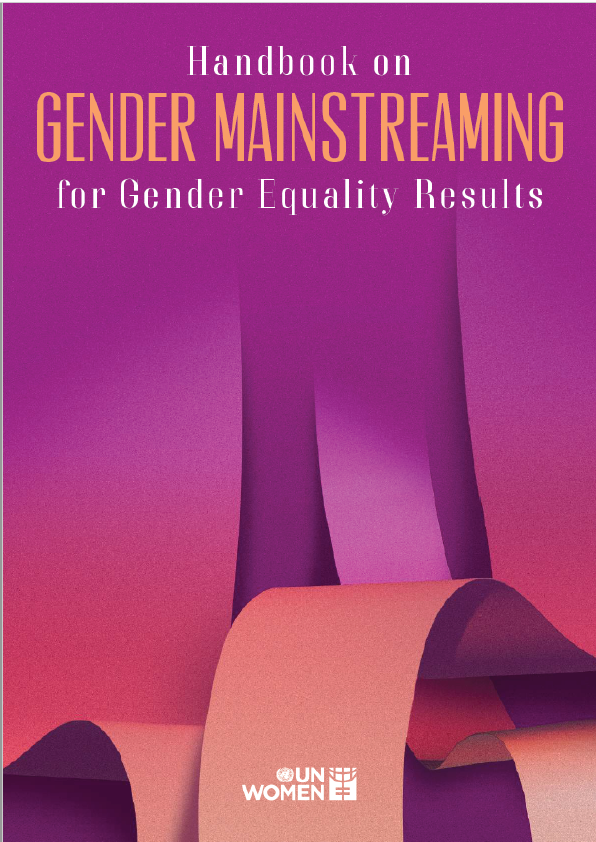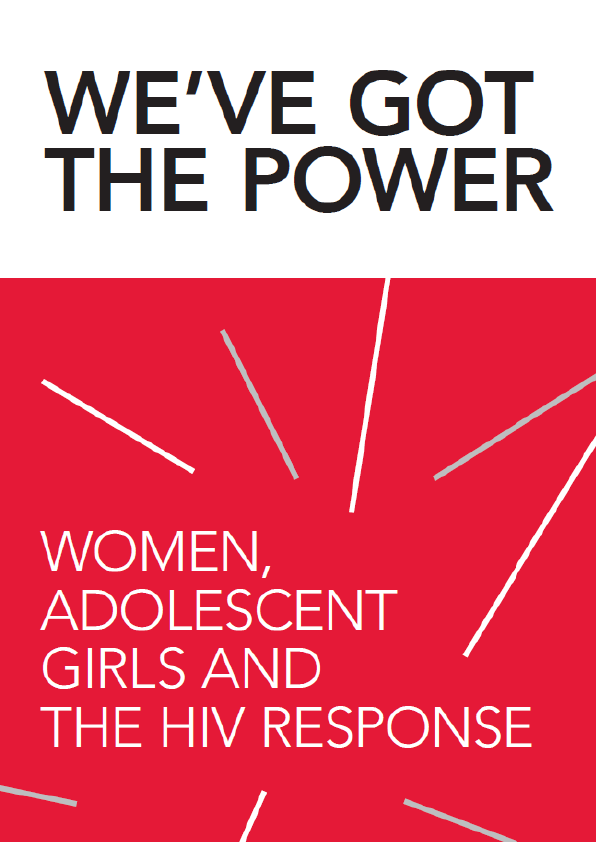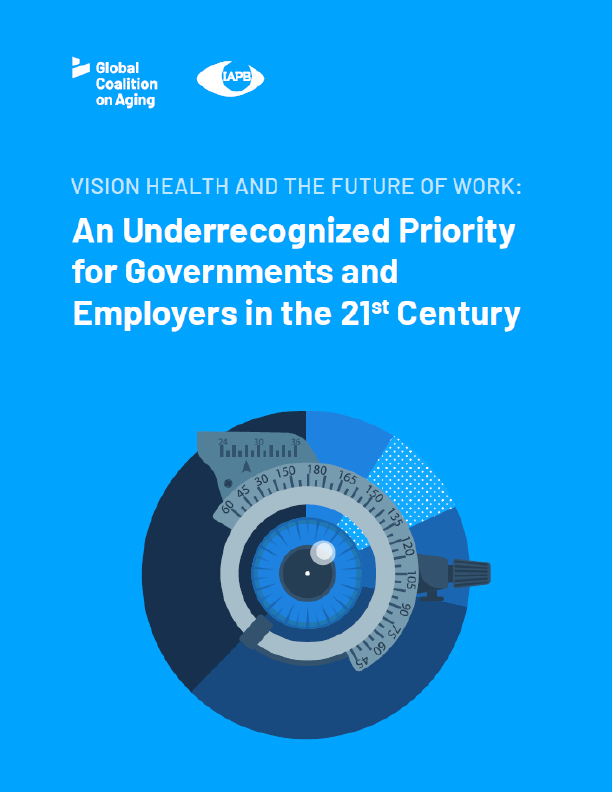The world’s biggest drug companies are putting poor people’s health at risk by depriving governments of billions of dollars in taxes that could be used to invest in health care, and by using their power and influence to torpedo attempts to bring down drug costs and police their behavior.
Tax evasion is an illegal attempt to defeat the imposition of taxes by individuals, corporations, trusts, and others. New Oxfam research shows that four major pharmaceutical firms—Abbott, Johnson & Johnson, Merck, and Pfizer—systematically stash their profits in overseas tax havens. 1 As a result, these four corporate giants appear to deprive the United States of $2.3 billion annually and deny other advanced economies of $1.4 billion. And they appear to deprive the cash-strapped governments of developing countries of an estimated $112 million every year—money that could be spent on vaccines, midwives, or rural clinics.
Such tax dodging corrodes the ability of governments everywhere to provide the public services that are essential to reducing poverty and that are particularly important for women. And it weakens governments’ ability to invest in health research, which has proven to be fundamental to medical breakthroughs.
As if this weren’t enough, the corporations mount massive lobbying operations to give price gouging and tax dodging a veneer of legitimacy. Their influence peddling is most blatant in the United States, where the pharmaceutical industry outspends all others on lobbying. But it is equally pernicious in developing countries, where the companies have won sweetheart deals that lower their taxes and divert scarce public health dollars to pay for their high-priced products—and where they deploy the clout of the US government to protect their profits.
Tax dodging by pharmaceutical companies is enriching wealthy shareholders and company executives at the expense of us all—with the highest price paid by poor women and girls.
Oxfam is not accusing the drug companies of doing anything illegal. Rather, this report exposes how corporations can use sophisticated tax planning to take advantage of a broken system that allows multinational corporations from many different industries to get away with avoiding taxes.
When funding is cut, families lose medical care or are driven further into poverty by health care debts. When health systems crumble, women and girls step into the breach to provide unpaid care for their loved ones—compromising their own health and their prospects for education and employment. When governments are deprived of corporate tax revenues, they often seek to balance the budget by raising consumption taxes, which tend to take a larger bite out of poor women’s incomes.
Corporations should be more transparent about where they earn their money, they should pay tax in alignment with actual economic activity, rather than abusing tax havens, and they should use their political influence responsibly, rather than undermining governments’ efforts to provide medicines, schools, and roads for us all.
